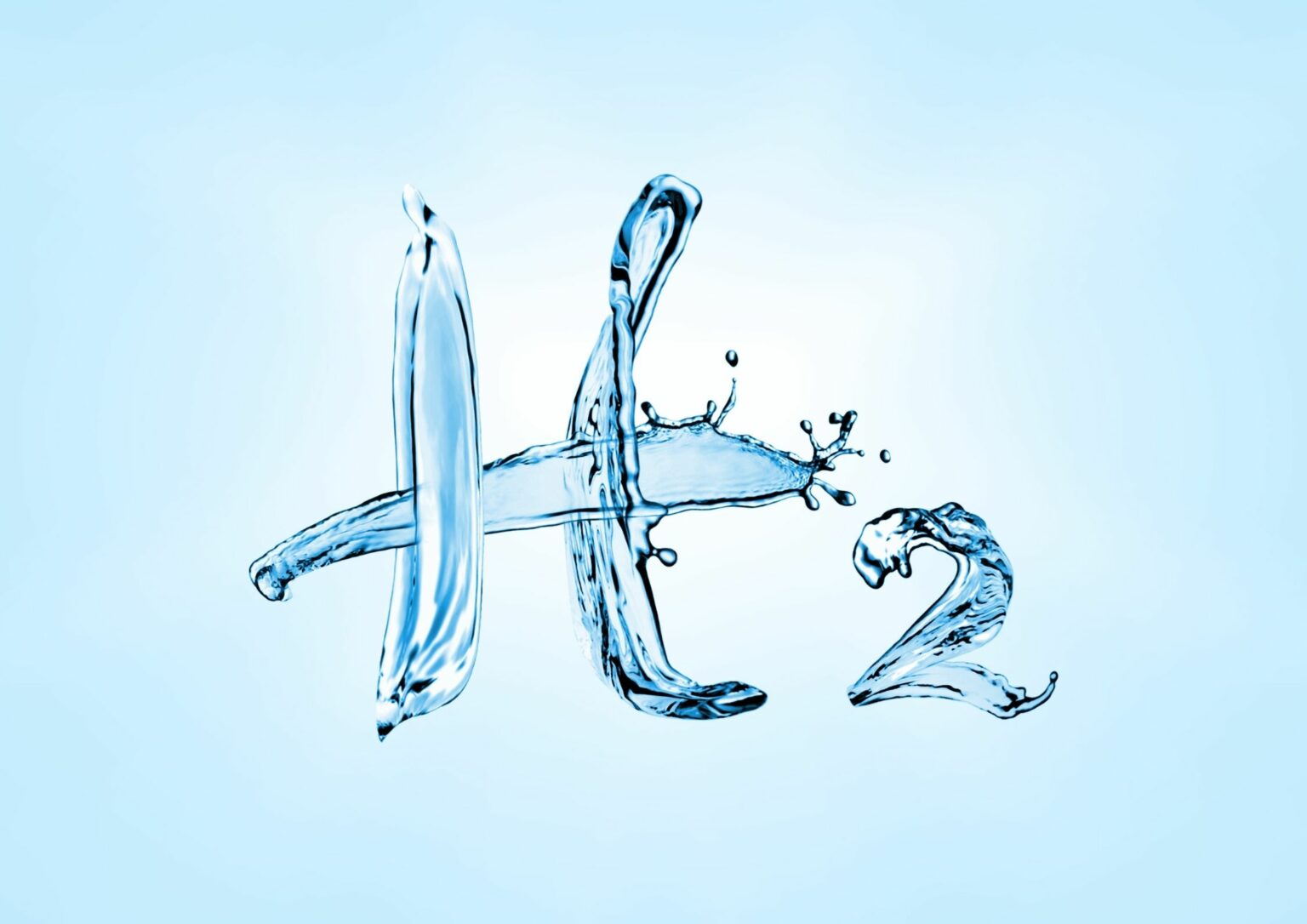BGR Tech, under the umbrella of Prenora Holding, has introduced a 100 kW Hydrogen Purification System aimed at revolutionizing electrolysis-based purification processes.
This announcement is set against a backdrop of India’s growing investment in sustainable energy, aligning with global ambitions to reduce carbon footprints through innovative technological solutions. Electrolysis, a central process in renewable hydrogen production, can see significant efficiency improvements through this new system. However, the technology’s wider adoption depends on addressing the economic and logistical challenges inherent to hydrogen infrastructure.
Simultaneously, the announcement highlights comparative progress in global recycling and sustainable raw materials, drawing parallels with other industries. For instance, the completion of Republic Services’ second polymer center in Indianapolis marks a pivotal expansion in the US recycling frontier. The center’s advanced sorting technology, which efficiently processes recycled plastics, is expected to bolster the market’s supply chain and create substantial revenue streams by mid-year.
Elsewhere, LG Chem’s expansion into bio-based raw materials, starting with bio-acrylic acid production, underscores the multinational’s strategic shift towards sustainably sourced chemicals. This transition points to increasing competitive pressures within the sector to innovate and commercialize eco-friendly alternatives. The production of bio-acrylic acid demonstrates a tangible step forward in developing materials with reduced environmental impact, especially as LG Chem is poised to lead in commercial volumes.
Such innovations are mirrored in the automotive sector, where Geely has introduced the Super Methanol Hybrid. This vehicle technology exemplifies a pragmatic approach to emission reductions, utilizing a multifuel strategy that blends gasoline with methanol. Such adaptive solutions are vital as stricter emissions regulations loom globally, compelling automakers to innovate beyond traditional electric vehicle offerings. Geely’s hybrid system boasts superior thermal efficiency and resilience in extreme conditions, presenting a viable alternative for varied climate and operational conditions.
Meanwhile, the European Parliament’s revised End-of-Life Vehicles regulation marks a crucial policy development, aiming to enhance the recyclability of automotive plastics through updated quotas. This regulatory shift encourages manufacturers to integrate recycled materials more thoroughly, moving towards a circular economy model that may redefine automotive manufacturing standards.
In textiles and plastics, Invista’s recent patented process for nylon recycling marks another stride towards sustainability by increasing the viability of post-industrial and post-consumer recycled content in new nylon products. With these innovations, Invista seeks not only to enhance the material’s sustainability profile but also to align with increasingly stringent consumer and regulatory demands for lower emissions and environmentally conscious products.
Stay updated on the latest in energy! Follow us on LinkedIn, Facebook, and X for real-time news and insights. Don’t miss out on exclusive interviews and webinars—subscribe to our YouTube channel today! Join our community and be part of the conversation shaping the future of energy.
